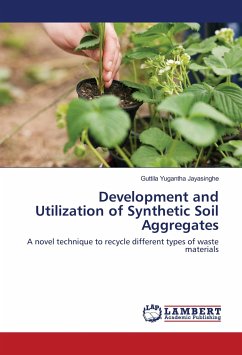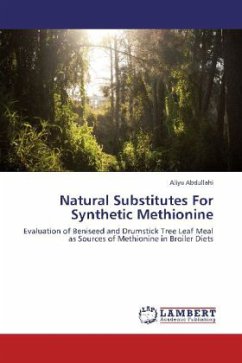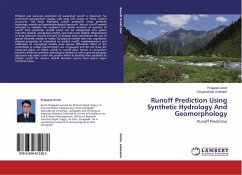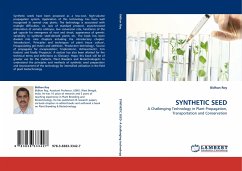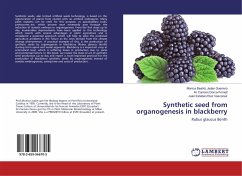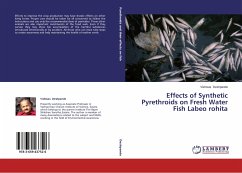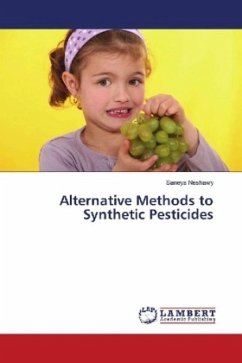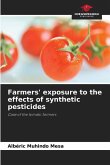Soil aggregate formation and aggregate stability have an important role in crop production and sustainable agricultural management. Formation and maintenance of stable aggregates is the essential feature of the soil tilth. Aggregates formation in the soil takes very long time and influenced by several factors such as soil organic matter, binding agents, soil fauna, environmental variables, microorganisms and roots. This book focuses on a novel idea of synthetic aggregates formation within very short time from different types of waste materials and their different utilization in agriculture. These kinds of unconventional synthetic aggregate production have not much been reported in the literature. Several kind of synthetic aggregates were produced from different waste materials such as sewage sludge, paper waste, oil palm waste, sugarcane trash, starch waste, coal fly ash, wood chips, coir dust, cattle manure compost and chicken manure compost. Developed aggregates were utilized in agriculture as a soil amendment, fertilizer support, and potting media for containerized plant cultivation. These synthetic aggregates proved that they can be utilized in agriculture very effectively.
Bitte wählen Sie Ihr Anliegen aus.
Rechnungen
Retourenschein anfordern
Bestellstatus
Storno

